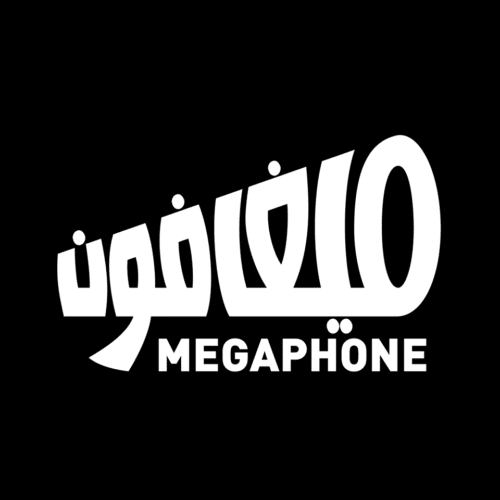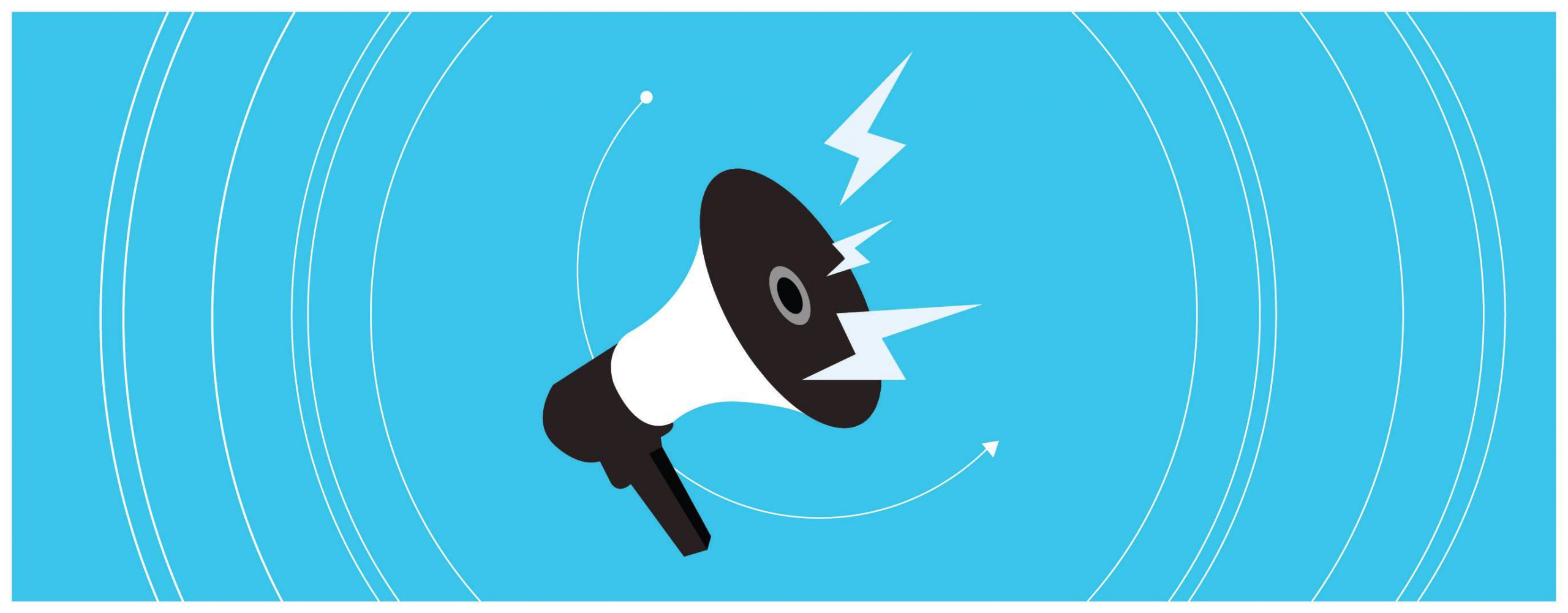No matter where you are in Lebanon you’ll almost always find yourself on streets that are plastered with political banners. Some have bold statements written across a flat colored background, others are more visually expressive; depicting Lebanese landscapes, or the national flag majestically flying with a political slogan written beneath it.
With two months left for Lebanon’s parliamentary elections, which are set to happen on May 6, the country’s various political factions have been focusing on their media exposure. But, Megaphone, a politically engaged, yet not politically affiliated media platform, has been swaying those parties’ audiences on social media.
Composed of activists, researchers and designers, Megaphone is an online platform making its presence on Instagram, Facebook, and Twitter. As one of the founders, who wished to remain anonymous, explains, Megaphone provides “an alternative way of commenting, and analyzing news through fact-checking and in-depth analysis”, especially of topics avoided in the mainstream media, such as LGBTQ+ issues.
Indeed, Megaphone is an anonymous platform. “We want to put the content first,” said the founder. “It’s not really about the people themselves, but rather the discourse they offer.”
What characterizes the platform is a “visual identity, a [particular] angle, and consistency towards the entire political class,” he added. “We don’t distinguish in terms of what can be said and not said. We’re a bit edgy […] We value commitment to democracy and human rights, as well as individual liberties. We try to talk politics, without wearing gloves.”
On a daily basis, the platform posts facts and quotes in relation to political events happening in the country. They also publish weekly summaries, reviewing what happened during the preceding seven days.
In order to guarantee factual information, the Megaphone team makes sure the numbers they employ are “correctly used in various reliable sources,” Megaphone founder told us. “The same numbers must be used by different political groups.”

“We also do the traditional triangulation [method consisting of positioning oneself as an outsider aiming to appeal and appease both left-wing and right-wing] and fact-checking methods, as well as making sure the quote we use has been repeated. We also ask experts and consult primary sources, but mainly for our videos.”
For their elections coverage, Megaphone plans on creating videos specific to the matter. “They will summarize the history and map out where everyone stands. The informative part of it will deal with the electoral law […] and the more objective information and pro-active role will impose some campaigns themes, and see what stand the different actors will adopt.”
Most of their posts include flashy colored backgrounds, with bold fonts and a recognizable typography, giving the platform a signature look. Although first of its kind in Lebanon in terms of online news platforms, Megaphone is similar to international online channels of the type, such as Al Jazeera’s AJ+, and the Huffington Post’s social media pages. Similar to its international siblings, Megaphone targets “18 to 40 years old, who consume online media much more than traditional media,” the interviewed founder said.
Unfortunately, Lebanon’s political and media landscape makes it hard for independent media to grow, as most traditional outlets are affiliated to different parties and groups. Looking beyond the elections, Megaphone founder is worried that “the post-election environment can be quite bad for the media, as we have noticed a trend called ‘A’ahd Jdeed’ that silences online media particularly. We have a fear that these elections will reproduce or reinforce the elite in power. This will produce a major backlash on media, activists at large, voices that aren’t allowed in official discourse.”
For the time being, the online platform is working on a website and a YouTube channel, with the hopes of becoming, within a year, “one of the leading alternative media in the country,” as put by the interviewee.
“Megaphone believes in enhancing what remains of the Lebanese Democratic system.”


